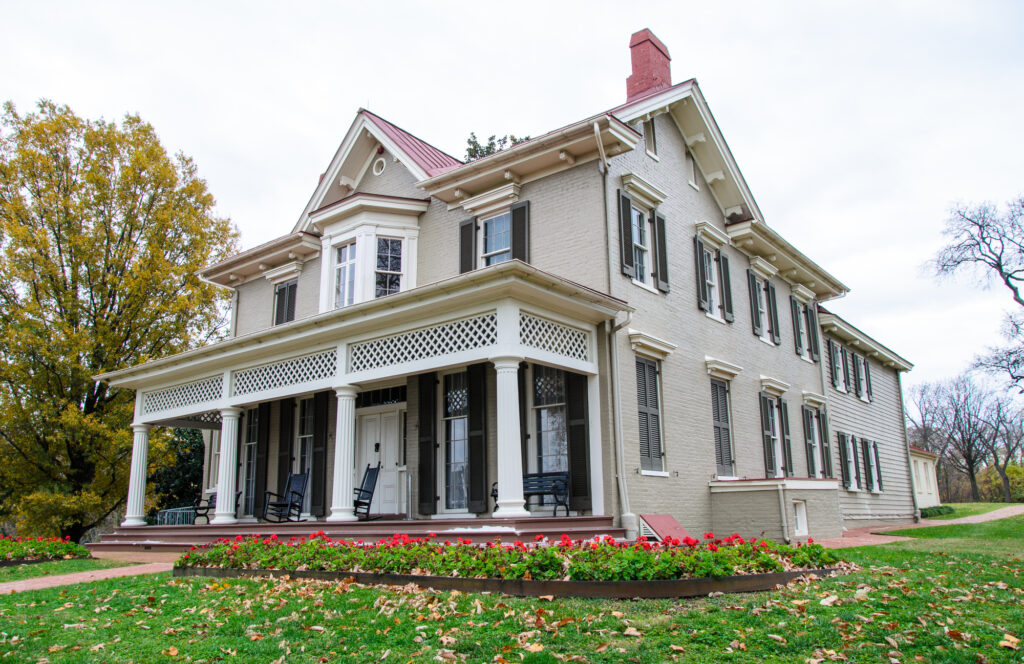
Dear Reader,
I am writing on the afternoon of the Fourth here in Shetland. In the United States, it’s Independence Day. Even though I am far from my home country and missing my Stateside family today, I feel at peace. But this morning, I woke up feeling troubled.
Truth be told, I wasn’t sure what to say today. Fourth of July is normally a big holiday in the States, a time for family gatherings and a celebration of independence. This year, things are different.
The pandemic has turned the usual forms of celebration upside-down. Also, the protests and outcry triggered by the senseless murder of an African American man, George Floyd, by the Minneapolis police, have raised huge questions about the very principles upon which our country was founded.
A more perfect union
I struggled all week to find a topic for this blog post. There is so much to say, and yet what can really be said about this time? Perhaps one of the challenges we face is to speak anyway.
I turned first to the Declaration of Independence for guidance. I have found great inspiration there in the past, although there are also contradictions, never more apparent than now. We are clearly not living out the idea that “all Men are created equal.”
Fortunately, in the shower this morning, the phrase “a more perfect union” popped into my head. It comes from the Preamble to the Constitution of the United States:
“We the people of the United States, in order to form a more perfect union, establish Justice, insure domestic Tranquility, provide for the common defence, promote the general Welfare, and secure the Blessings of Liberty to ourselves and our Posterity, do ordain and establish this Constitution for the United States of America.”
The reference to making a more perfect union is commonly taken to mean simply completing the process of establishing the Constitution itself.
But I love the phrase, and it means more than that to me. “A more perfect union” implies a starting point for something that is less than perfect, that needs more work in order to grow. The phrase implies a process of moving toward a better way of being. And “union” means “something that is made one.”
Making a more perfect union – a process of growth to make one, or whole.
Turning to Frederick Douglass
When I Googled the phrase, I came across an opinion piece in USA Today, published very early this morning, “July Fourth: Frederick Douglass found hope in our Declaration of Independence. So can we.” It was written by Rodney E. Slater, who served as Secretary of Transportation under President Bill Clinton.
In his piece, Slater references the famous speech given by abolitionist, orator, author, diplomat and former slave Frederick Douglass, “What to the Slave Is the Fourth of July?” Slater holds hope, as did Douglass, that we can transform our history of racism to create healing, and a more perfect union. The piece is short, and a good read.
But I wanted to know more.
I have read bits and pieces of Douglass’s writing in the past, but never read his speech. I did a little more research, and found that the Ladies Anti-Slavery Society of Rochester, New York, invited him to speak on July 4th, 1852. This was ten years before the Emancipation Proclamation and the Civil War.
He chose instead to speak on July 5th.
The speech is breathtaking. It is powerful, insightful, horrific and hopeful. I was moved to tears as I read it. If you have not read it, I highly recommend that you do. It is long, but brilliant in its fierce clarity and sense of hope. You can find it here.
What to the Slave Is the Fourth of July?
Douglass admired the Declaration of Independence, its aspirations and it’s original intent. He also admired the Founding Fathers for their courage and their tenacity in declaring independence from Great Britain.
But in no uncertain terms, he pointed out the hypocrisy of the Founders and those who followed with their actions and the laws they passed in relation to slavery. Of the Fourth of July, he said:
“The rich inheritance of justice, liberty, prosperity and independence, bequeathed by your fathers, is shared by you, but not by me. The sunlight that brought life and healing to you, has brought stripes and death to me. This Fourth [of] July is yours, not mine. You may rejoice, I must mourn.”
Strong words, but that was only the beginning.
Douglass went on to give a fiery denunciation of slavery. At one point, he brought up the common viewpoint that perhaps if he argued and persuaded more, and denounced less, his cause might be more successful.
He responded by pointing out the absurdity of being asked to argue or debate the humanity or rights of a slave, or that they should have to prove their humanity in any way. After driving his point home, he stated,
“At a time like this, scorching irony, not convincing argument, is needed.”
He continued, describing his own painful, personal experience of slavery, as well as calling out the hypocrisy of any organized religion at the time that condoned slavery.
Douglass concluded on a hopeful note. He returned to the powerful, underlying principles of the Declaration of Independence, and the fact that the Constitution itself contained no pro-slavery wording. He shared his encouragement that change was afoot; that a process had begun which would end slavery.
We are children, trying to figure it all out
Reading Frederick Douglass’s words was perfect for me to do today. I feel better, more at peace, and more hopeful than I did when I got up this morning.
I am reminded, again, of how young the United States of America is. Frederick Douglass himself made the same point, calling the 76 years from the signing of the Declaration to the time he spoke in 1852 “a mere speck in the life of a nation.” Today America, on its 244th birthday, is a little further along but still very, very young.
And despite the lengthy history of humanity, we are still children, trying to make sense of it all, and find a way forward in peace, as Lincoln said “With malice toward none, with charity for all…”.
Great visionaries have gifted and guided us throughout history, in every part of the world. Courageous men and women have spoken and acted tirelessly for the betterment of us all.
Let’s not allow their words and deeds to be in vain.
Maybe now it is time for us all to become the visionaries we are.
I’ll turn it over to Frederick Douglass for the last word, with a quote I found on the Frederick Douglass Historical Site website:
“I would unite with anybody to do right and with nobody to do wrong.”
I honor your loving heart,
John



Thanks so much John for sharing your words and contemplation. Beautiful reflection and so appropriate and helpful for the moment.
I was listening to NPR news this week and they also mentioned the New York Times article and they discussed Frederick Douglas speech and the relevance of it in this very different celebration of the 4th of July.
For a more perfect union!!!
You are so welcome Pillo. Frederick Douglass sounds like an amazing man; if I could go back in time and talk to famous figures from American history, he would be high on my list. For a more perfect union!